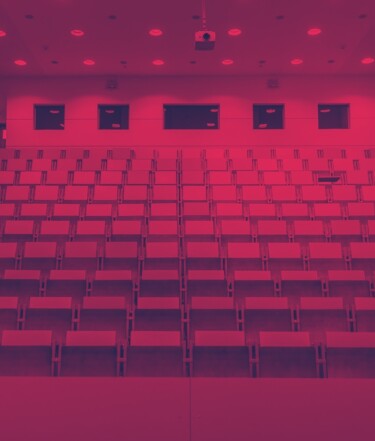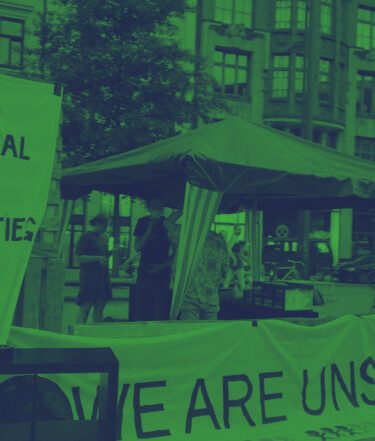
Twitter blocking by public authorities
Public authorities interfere with freedom of information when they block unpopular citizens on Twitter. This is unlawful and we are ready to take legal action against it.
Twitter blocks have two effects: First, they prevent the blocking Twitter account from having to take note of what the blocked person writes on Twitter. This is a questionable way for public authorities to shield themselves from critical comments on Twitter. On the other hand, blocked persons can no longer read what the blocking public authority announces on Twitter - i.e. to the public. For journalists, this means a massive impairment of their research.
Twitter blockades therefore legally lead to encroachments on several fundamental rights at the same time: On the one hand, it is made impossible for the blocked persons to inform themselves unhindered from "generally accessible sources", from which Art. 5 Paragraph 1 Sentence 1 of the Basic Law protects. At the same time, the blocked people are thus treated differently from the non-blocked people, which means an encroachment on the general principle of equality from Article 3 paragraph 1 of the Basic Law. Thirdly, insofar as the blockades affect journalists, freedom of the press is affected (Article 5 (1) sentence 2 GG), which also includes journalistic research.
"An encroachment on fundamental rights by authorities is only permissible on a legal basis. However, there is no such legal basis for Twitter blockades either in federal law or in state law", explains GFF board member Dr. Boris Burghardt. "Therefore, authorities are not allowed to block anyone on Twitter - if they do it anyway, they act unlawfully."
And even if a legal basis existed, Twitter blockades would be disproportionate, Burghardt says: "If a public authority does not want to take note of what someone writes, it may at best mute them on Twitter." A blockade that virtually locks out the blocked person is therefore in no way justifiable, he said - quite apart from the fact that it is questionable when an authority withdraws from discourse by virtually banning citizens from speaking.
The GFF plans to take legal action against authorities that continue to unlawfully block people on Twitter. Anyone who has been blocked by an authority and might be willing to participate in a model lawsuit is invited to submit their case at info@freiheitsrechte.org. In order to do so, the GFF asks that you submit a screenshot showing the blocking and - if known - the context of why the authority blocked you.



